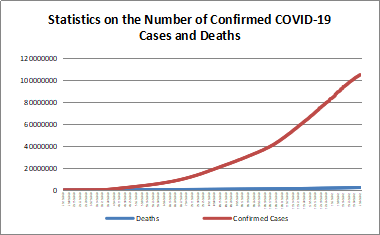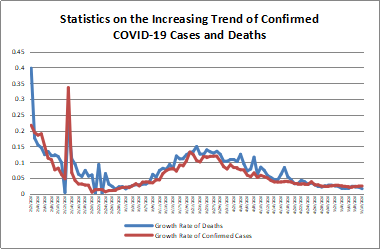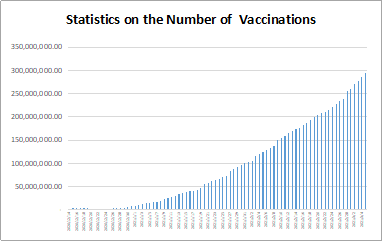Trade Facilitation Implementation Will Support the Recovery of Supply Chains
Time:2021/10/20 BJT
1. Key concerns
According to Asia-Pacific Trade Facilitation Report 2021 jointly released by the United Nations Economic and Social Commission for Asia and the Pacific and Asian Development Bank in October 2021, trade costs are on the rise in Asia and the Pacific, but the continuous effort on trade facilitation implementation could help maintain the flow of goods in this region.
The report stated that supply chain disruptions caused by the COVID-19 pandemic have underscored the need for digital and paperless trade procedures to facilitate trade. There is a chapter specifically studies the impact of COVID-19 pandemic on the supply chains of critical goods such as food supplies, personal protective equipment, and vaccines, and offers policy suggestions on how to enhance supply chain resilience and trade facilitation.
Despite the COVID-19 pandemic and the subsequent supply chain disruptions and the surge in shipping costs, the report showed that the Asia-Pacific economies have made continuous progress in trade facilitation implementation, and reached their peaks this year. In 2021, the implementation of 31 general and digital trade facilitation measures rose in average across the region to 64.9% , about 6 percentage points higher than in 2019.
In the last part of the report, it further emphasized the role of the WTO Trade Facilitation Agreement in accelerating the trade resilience after the COVID-19 pandemic and stressed that maintaining trade openness is still a key factor. As the pandemic has quickened the move to digital trade, work is needed to leverage digital technologies to streamline customs procedures and electronic exchange of information, and implement national and regional single windows for document submission and clearance.
2. Briefing on COVID-19 Pandemic(Issue No.157)
According to WHO statistics, calculated numbers of confirmed COVID-19 cases and deaths reached 238,521,855 and 4,863,818 by October 13, 2021. The U.S., the UK, Turkey, Russia and India were the five countries (regions) with the highest number of new confirmed cases in the past seven days. The U.S., Russia, Mexico, Brazil and Romania were the five countries (regions) with the highest number of new deaths in the past seven days.


数据来源:https://covid19.who.int/
WHO advised additional COVID-19 shots for people with impaired immunological functioning. Statistics from Our World In Data, an online research site of the University of Oxford, presented that 6,507,600,895 doses had been administered by October 9, 2021.

数据来源:https://ourworldindata.org/covid-vaccinations
On October 11, 2021, the Strategic Advisory Group of Experts (SAGE) on Immunization of WHO recommended that moderately and severely immunocompromised persons should be offered an additional dose of COVID-19 vaccines a since these individuals are less likely to respond adequately to vaccination following a standard primary vaccine series and are at high risk of severe COVID-19 disease. According to WHO statistics, access to COVID-19 vaccines has been extreme in its inequity with high-income countries having administered 35 times more vaccine doses than the low-income countries and the WHO Africa Region countries having only 3% of the population fully vaccinated. While the pandemic has affected childhood immunization programmes across the world, the poorest countries have been affected the most and have been the slowest to recover.
The restrictive measures taken by countries(regions) are further differentiated. The UK announced that its new international travel rule would come into effect from October 11, the restrictions for arrivals of UK will be simplified significantly, and mandatory hotel quarantine requirements will be lifted. On October 11, New Zealand announced that the teachers and employees working in the health and disability sectors are required to be fully vaccinated, and it stated that the restrictions of Auckland would be extended for another week. Sydney and New South Wales state of Australia consecutively announced the restrictive policies would be gradually relaxed from October 11. On October 10, Malaysia presented that citizens will be allowed to domestic travel across states from October 11. France widen its "vaccine passport" identification and officially recognizes the Covid-19 vaccine approved by WHO. Japan announced on October 1 that the 14 days quarantine period will be shortened to 10 days for those who have been vaccinated with two doses and hold the relevant vaccination certificates (vaccine passport), and they are allowed to travel after the 10 days quarantine by submitting a negative nucleic acid result.


